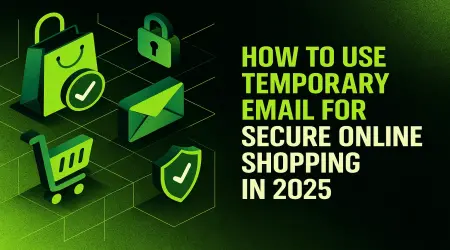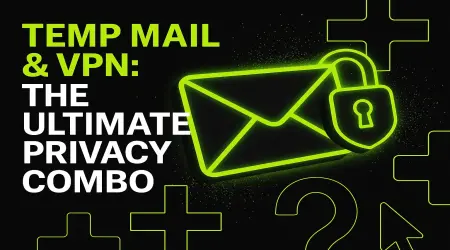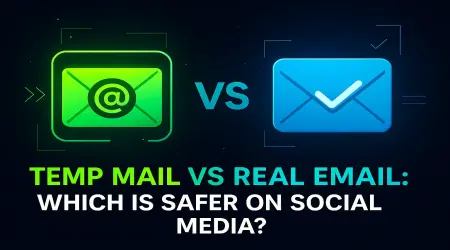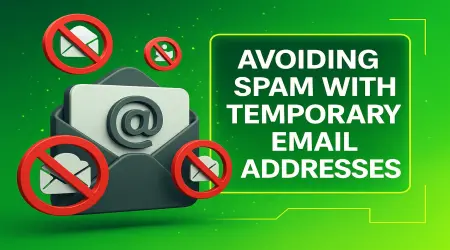
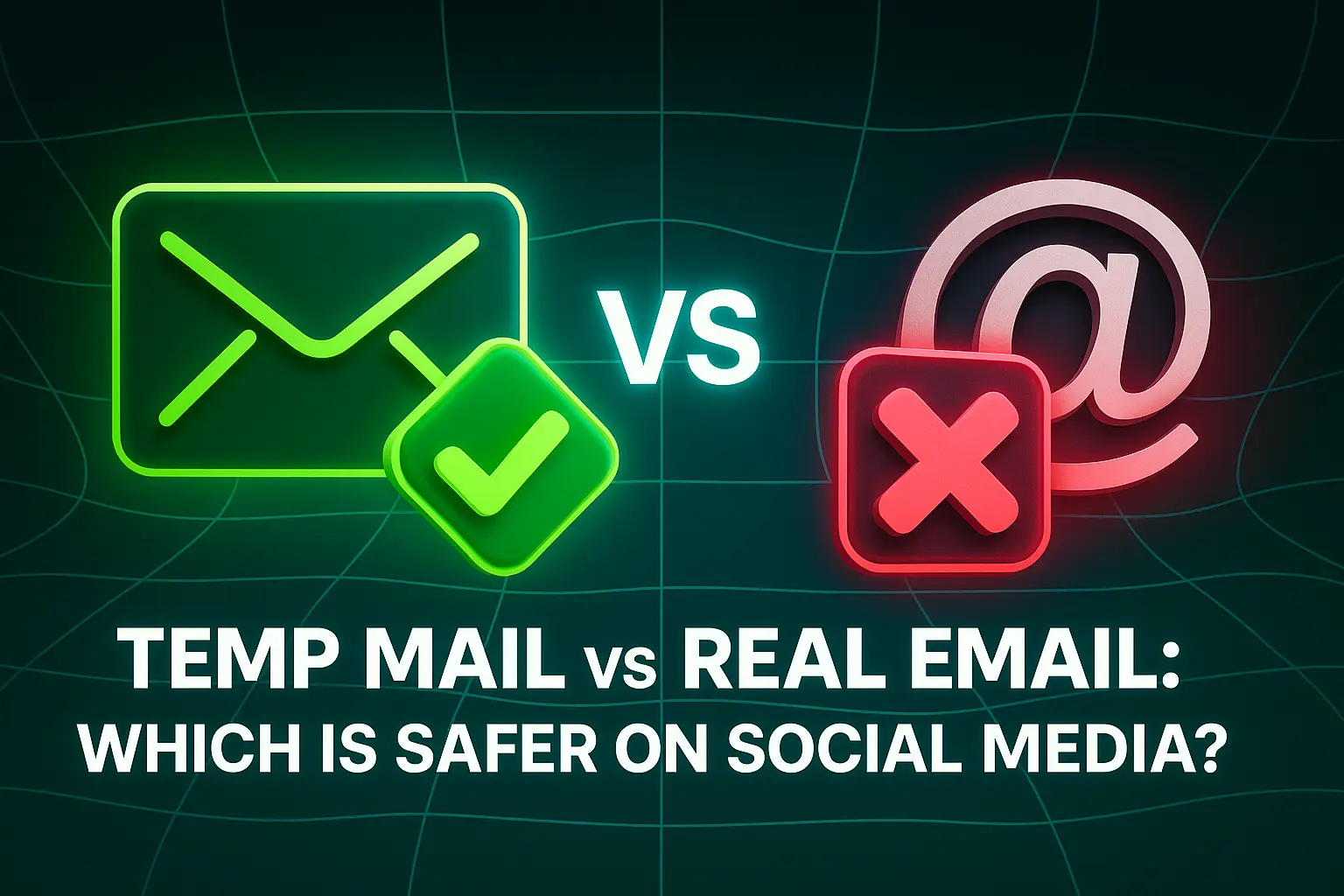
Temp Mail vs Real Email: Which Is Safer on Social Media?
Temp Mail vs Real Email: Which Is Safer on Social Media?
From Instagram to TikTok, Twitter to Telegram — social media is part of our daily lives. But every time you create a profile or sign up for a new platform, you’re asked for one critical piece of personal data: your email address.
Should you provide your real email? Or is it safer to use a temporary email instead?
In this post, we’ll break down the security, privacy, and long-term impact of using TempMaila.org versus a real email on social media.
What’s the Risk of Using Real Email on Social Media?
Using your personal Gmail, Yahoo, or Outlook email might seem convenient. But here’s what you’re actually exposing:
- 📬 Massive increase in promotional/spam emails
- 🔍 Cross-platform tracking by ad networks
- 🛑 Increased risk in case of data breaches (e.g., LinkedIn, Facebook leaks)
- 🧩 Easy connection to other services (via same email)
Once your real email is out there, it’s nearly impossible to get full control back.
What is Temp Mail?
Temporary email is a short-term email address used for signing up to services without revealing your actual inbox. Platforms like TempMaila.org allow you to receive verification emails, codes, and messages without registration or long-term tracking.
Benefits of TempMaila:
- ✅ Anonymous account creation
- ✅ No inbox clutter
- ✅ No link to your real identity
- ✅ Auto-deletes after a short time
Temp Mail vs Real Email: Social Media Safety Comparison
| Feature | Real Email | TempMaila.org |
|---|---|---|
| Spam Protection | Poor – inbox gets filled fast | Excellent – disposable inbox |
| Account Linking | Easy to connect across platforms | No links to other accounts |
| Data Breach Risk | High | Low to zero |
| Ad Targeting Exposure | Very high | Non-existent |
| Password Recovery | Yes (recoverable) | No (temporary) |
When Should You Use Real Email?
There are a few scenarios where using your personal email is appropriate:
- ⭐ Personal brand or business account where reputation matters
- 🔐 Long-term accounts that require future recovery
- 📩 Platforms where you want to receive newsletters or updates
When TempMaila is a Better Option
TempMaila.org is perfect for:
- 🔁 Creating multiple TikTok/Instagram test accounts
- 🧪 Testing new social platforms without commitment
- 🧼 Keeping your inbox clean from “welcome” emails
- 🕵️ Protecting your identity while browsing Telegram bots
💡 Pro Tip:
Use TempMaila + VPN for maximum anonymity when signing up for social media platforms.
Use Case Example: Instagram Account Creation
Scenario A: Using Real Email
- ✅ Account recoverable
- ❌ Receives 15+ marketing emails/month
- ❌ Linked to your other Meta platforms (Facebook, WhatsApp)
Scenario B: Using TempMaila
- ✅ Quick sign-up
- ✅ Zero spam
- ❌ No recovery if lost
- ✅ Total anonymity
Best Practices for Using Temp Mail on Social Media
- ✅ Use TempMaila for test, throwaway, or anonymous accounts
- ✅ Avoid adding personal data to these accounts
- ✅ Save login credentials somewhere secure (like a password manager)
- ✅ Rotate temp mails for multiple signups
Common Questions
Can I use TempMaila for Facebook or Twitter?
Yes, but some platforms may flag temporary domains. Still, TempMaila regularly rotates domains to avoid this issue.
Can I recover a lost account made with TempMaila?
No — that's why it's best for low-risk or temporary accounts.
Will my social media activity be tracked if I use real email?
Yes. Your email address is often used to build behavioral and ad profiles.
Related Articles
- Use Temp Mail for Instagram Verification
- Temp Mail on Dating Apps (Tinder, Bumble)
- Temp Mail & VPN: The Ultimate Privacy Combo
Final Thoughts
In today’s oversaturated digital world, your real email address is a golden ticket for advertisers, hackers, and even AI algorithms. If you value privacy, simplicity, and control, TempMaila.org is the smarter choice for most social media signups — especially for temporary or non-critical accounts.
🛡 Try TempMaila today and take back control of your digital identity.
Privacy isn't just a right — it's a habit. Make the switch.
